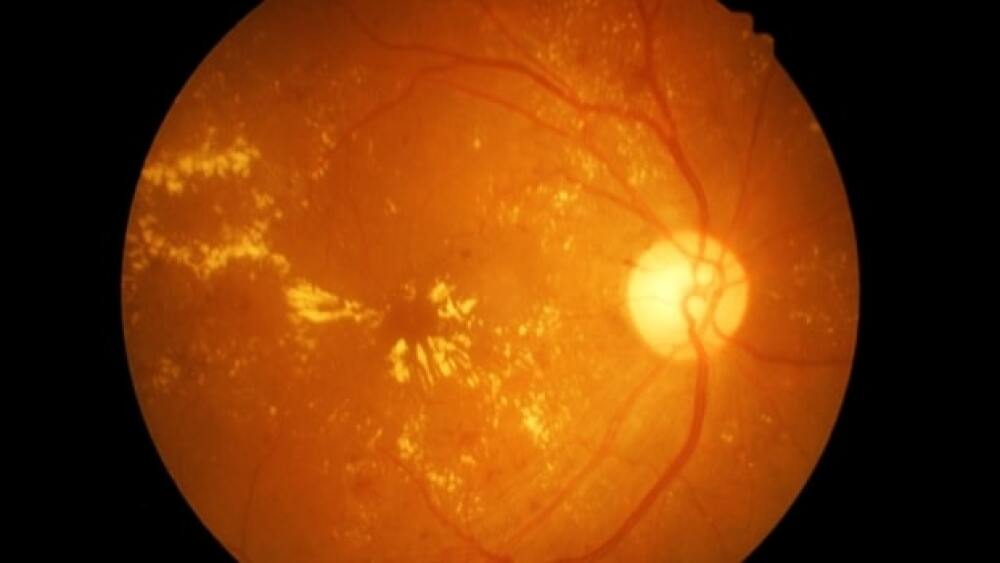Unity announced advances in diabetic macular edema via Phase II study results, potentially allowing its recipients to return to tasks of daily living, like driving.
Courtesy of Getty Images
Shares of Unity Biotechnology surged in early trading Tuesday following the company’s release of Phase II data showing a single injection of its experimental drug provided visual improvements in patients with diabetic macular edema.
A single injection of UBX1325 led to a statistically significant and clinically relevant improvement in Best Corrected Visual Acuity (BCVA) scores at 24 weeks compared to placebo, San-Fransisco-based Unity announced.
Beyond the visual improvement, treatment with UBX1325 also stabilized retinal structure in the eye at 24 weeks as measured by central subfield thickness. At the same time, placebo patients saw a significant worsening of retinal structure during the same period of time, the company reported.
Additionally, 59.4% of trial patients who were treated with UBX1325 did not require treatment from standard-of-care anti-VEGF for six months. Only 37.5% of placebo patients achieved that, the company noted.
Patients who participated in the Phase II BEHOLD study had been on anti-VEGF treatment for at least six months prior to enrollment into the study. The last anti-VEGF injection was delivered between three and six weeks prior to the start of the trial.
Based on these data, Unity intends to initiate a pivotal study in DME in the second half of 2023. Investors enthusiastically responded to the announcement. The stock climbed more than 18% since the start of trading.
In a conference call Tuesday, Chief Executive Anirvan Ghosh said the BEHOLD data showed a strong and meaningful improvement in trial patients treated with UBX1325.
“The 24-week data was an improvement over data seen at 12 and 18 weeks,” Ghosh said. “This provides evidence of a sustained benefit of treatment.”
Ghosh said the drug was safe and tolerable. There was no evidence of intra-ocular inflammation.
Because of its novel mechanism of action, UBX1325 could benefit patients as both a monotherapy or in combination with anti-VEGF drugs, he said.
“Based on the results of this study, we believe UBX1325 could lead to significant vision gain while reducing treatment burden for patients,” he said. “The durable effect we’ve now observed through six months following just a single injection of UBX1325 suggests it could represent a longer-lasting, disease-modifying treatment option for patients.”
Arshad M. Khanani, director of clinical research at Sierra Eye Associates and study investigator, called the Phase II data “impressive.”
On the call, he said the 7.6-letter gain from baseline in BCVA is of significant importance.
Such visual improvement can allow DME patients to regain some independence, Khanani said. As an example, some patients who may not have been allowed to drive due to disease-related loss of vision could now have the opportunity to get behind the wheel again due to those improvements.
Long-term safety (48 weeks) and efficacy data from the BEHOLD study in DME is expected in the second quarter of 2023.





